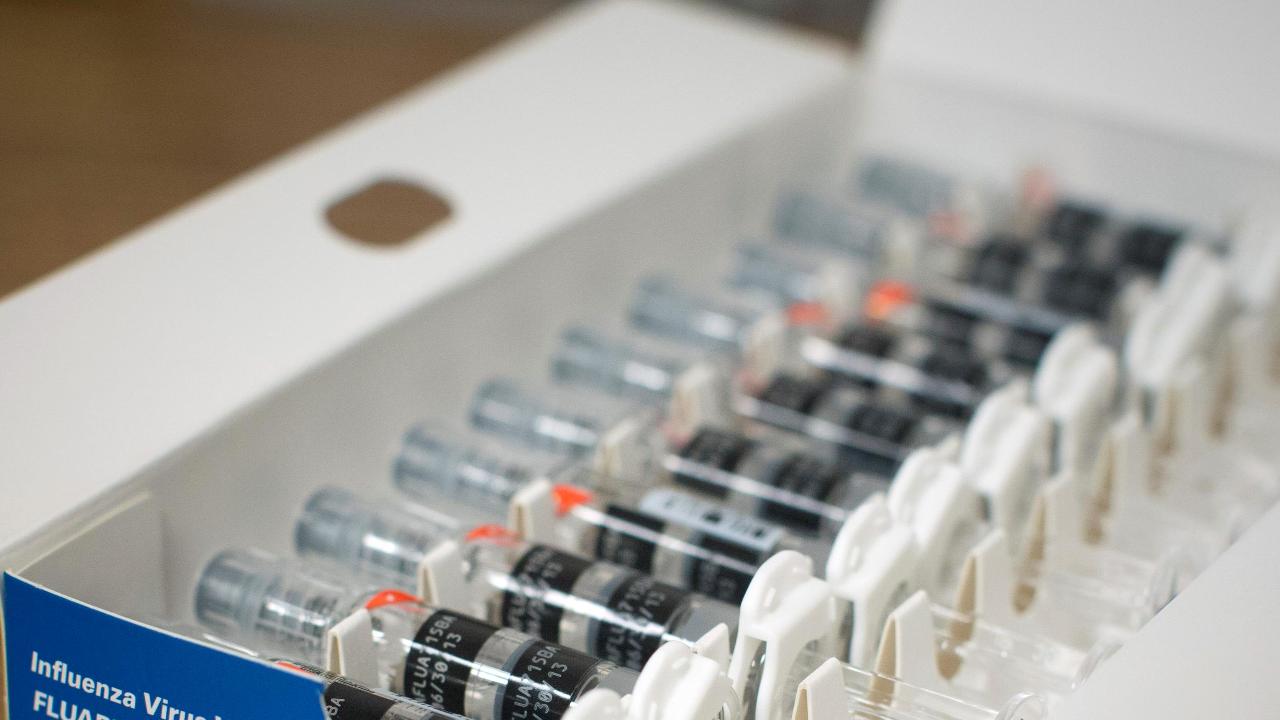Why scientists are scrambling to make a 'universal influenza vaccine'
The director of the National Institute of Allergy and Infectious Diseases said this year’s flu outbreak is so severe it’s prompting scientists to scramble to make a universal influenza vaccine.
“We have to make a universal influenza vaccine, which means a vaccine that induces a response against that part of the virus that doesn’t change from year to year,” Dr. Anthony Fauci, NIAID’s director told FOX Business.
Fauci said one of the reasons for the massive outbreak this year—the worst one since the 2009 swine flu pandemic—is that it involves the dreaded H3N2 strain, which isn’t “very well-matched” with current vaccines that are being distributed across the U.S.
“In other words, the vaccines that we make, we have to modify them essentially every year because the influenza virus drifts or changes from year to year, and sometimes it changes a lot and sometimes when it makes a major change that is when you get a pandemic,” he added.
However, the good news is that many biotech companies are already starting to work on this type of vaccine and there are already a bunch of candidates currently in early stage studies that are starting to look like they can induce a response that is much broader than current vaccines.
But Fauci warns that it will “likely take several years until we have a vaccine like that on the market.”
The CDC said Friday that this year’s flu is so severe that it has claimed the lives of at least 37 children and has caused a record high amount of hospitalizations around the county, which is expected to continue to rise.
"We often see different parts of the country 'light up' at different times, but for the past three weeks, the entire country has been experiencing lots of flu, all at the same time," Dr. Dan Jernigan, the director of the CDC’s influenza division said during a phone call to reporters on Friday.
Fauci adds that while flu vaccines are only around 30% effective this year, it is still critical that every American get vaccinated.
“It’s still better than no protection at all,” he added.




















